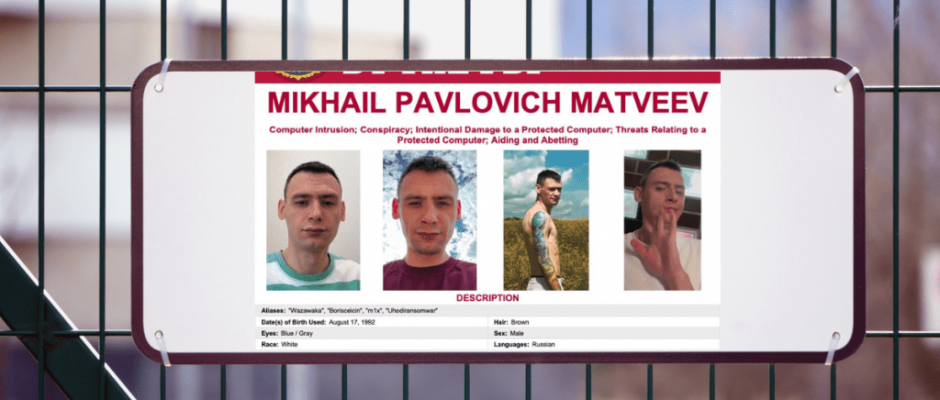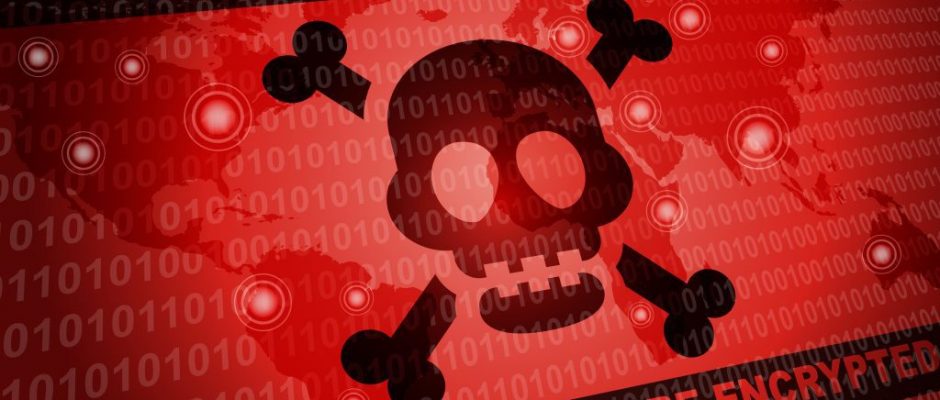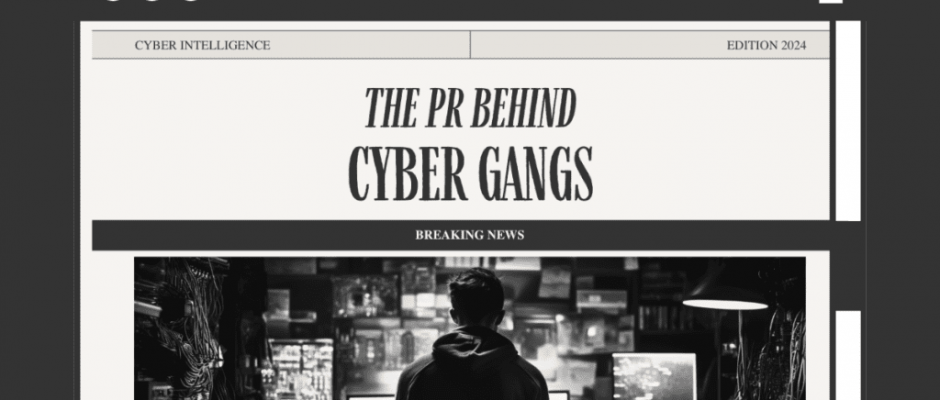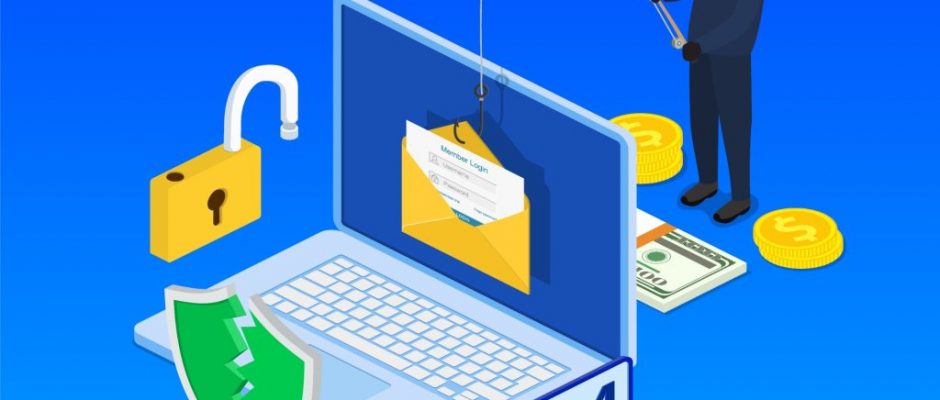Teenage super-hackers attack airlines
The US Federal Bureau of Investigation (FBI) last week issued a warning on X that the cybercriminals responsible for the recent devastating cyber-attacks on the UK retail sector are now targeting the airline sector on both sides of the Atlantic. Hard on the heels of the FBI’s warning came the news that the Qantas airline has suffered a major cyber-attack, affecting more than six million customers and likely resulting in the “significant” theft of personal information. Qantas confirmed the data breach Wednesday morning, alerting customers to a cyber incident affecting a third-party platform used by an airline contact center.
















